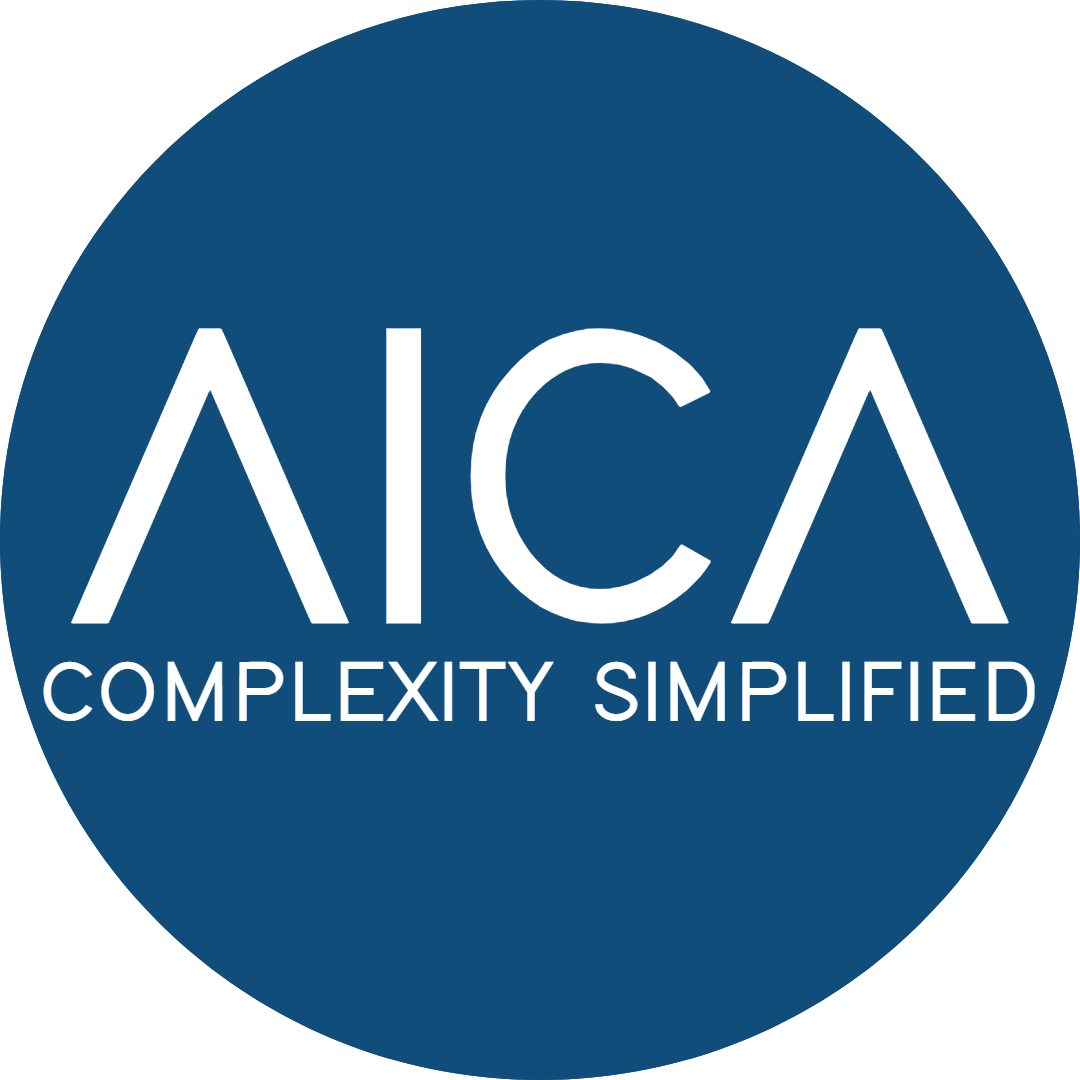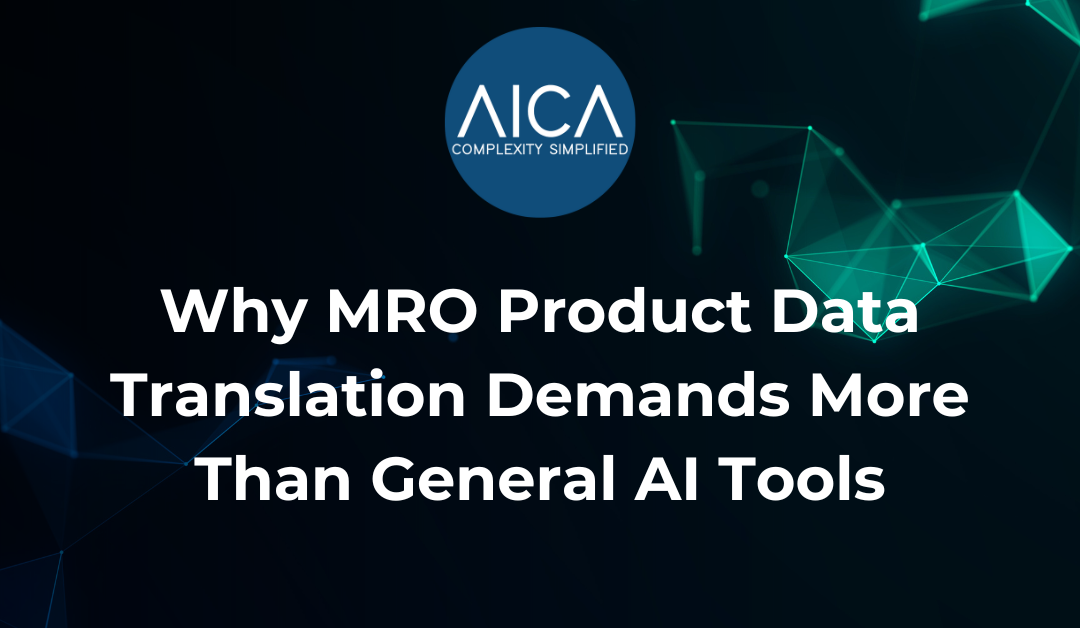In the push toward digital transformation, many organisations managing MRO (Maintenance, Repair, and Operations) data assume that translating their product information into multiple languages is as simple as running it through a general-purpose large language model like ChatGPT or a basic translation API. However, the reality is far more complex. MRO product data translation requires more than linguistic fluency—it demands domain expertise, structured formatting, and precision in technical terminology.
Here’s why MRO product data translation is not a task for generic AI models, and why specialised tools like AICA are essential for getting it right.
1. The Challenge of Domain-Specific Terminology
MRO product catalogs are full of niche terminology—terms like “ANSI flange,” “5.5mm hex bolt,” or “DIN rail-mounted breaker”—that are specific to engineering, manufacturing, and industrial supply chains. General LLMs are trained on broad web data and often lack exposure to industry-specific terms, leading to mistranslations or vague approximations that can confuse end users or even lead to costly procurement errors.
Our AI is trained specifically on millions of MRO product records. It understands industry taxonomies, part identifiers, and specification structures. This ensures that critical product attributes are preserved and translated accurately without loss of meaning.
2. Translation Isn’t Just About Words—It’s About Structure
MRO data often follows structured templates, with specific fields for size, voltage, part number, compliance standards, and usage. A single product description might combine these into a highly compressed string of technical shorthand.
General LLMs may rewrite or reformat content during translation, introducing inconsistencies or altering the meaning of structured data. For example, changing the order of specifications or rewording units of measure can affect how data is stored or queried in ERP systems.
We maintain data integrity by preserving structure and syntax across translations. Our platform ensures attributes remain in the correct order, measurement units are not altered, and formatting adheres to system-specific standards.
3. Linguistic Nuance Matters Less Than Technical Precision
Generic translation models often prioritize grammatical fluency and natural language generation. But in MRO contexts, accuracy matters more than eloquence. A mistranslation of “cast iron valve” as “steel valve” could result in selecting the wrong material—creating safety hazards, maintenance issues, or regulatory violations.
Our enrichment models are built for technical precision. We don’t just “translate”—we validate terminology against known standards, manufacturer specifications, and classification systems like UNSPSC and GPC to avoid introducing inconsistencies.
4. Multilingual Taxonomy Alignment is Crucial
Translation in MRO isn’t limited to product descriptions. Attributes, classifications, and even schema labels must align across languages. For global enterprises operating in multiple regions, that means matching product descriptions in Spanish, French, or Arabic with the correct classification and procurement category.
Our AI-driven enrichment system automatically maps translated product data to standardized taxonomies across languages, ensuring data consistency in multilingual procurement environments.
5. Human-in-the-Loop QA Still Matters
Even with the best AI, poor-quality source data or legacy inconsistencies can result in edge cases that require review. General-purpose tools often lack the infrastructure to manage human validation at scale.
Our agentic AI performs 70–90% of the translation and enrichment work, while our expert team conducts QA/QC on low-confidence outputs, ensuring that even problematic entries are accurate before going live.
Conclusion
While general-purpose AI tools are powerful, they are not purpose-built for translating highly technical, structured, and industry-specific MRO data. For organizations that need accuracy, consistency, and system-ready results, domain-trained AI like AICA is not a luxury—it’s a necessity.
Our translation services are just one part of a broader data intelligence platform that also covers classification, cleansing, enrichment, and comparison—all designed for the complexities of MRO.
Looking to translate your MRO data the right way?
Get in touch with AICA to see how our AI-powered platform ensures multilingual product data accuracy at scale.

